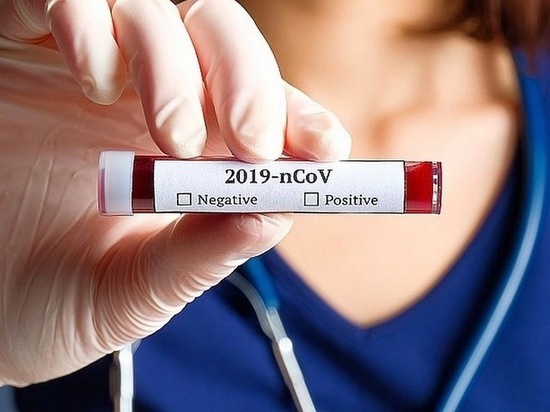The Robert Koch Institute (RKI) regularly updates the list of countries – regions of risk. What consequences can be expected for those returning from the countries included in the “black list” RKI?
Tourists returning to Germany from these countries must take a test and self-isolate until they receive a result. However, the employer has the right not to pay the salary to the quarantined employee until they receive a negative test result.
The list of regions at risk includes Turkey and Spain, with the exception of the Canary Islands, Russia and Ukraine, as well as many other countries.
It is important to know that enterprises may not pay salaries to residents of Germany returning from these countries in the event of forced self-isolation. Unlike quarantine due to Covid-19 disease or suspicion of possible infection, quarantine for those returning from vacation from areas at risk is not a work ban established by the state. This means that in this case the employer does not receive any compensation for the wages paid to the employee during the entire period of self-isolation. Therefore, the employer is not obliged to pay wages in case of self-isolation upon returning from vacation.
In addition, in the future, travelers returning from high-risk areas are likely to pay for coronavirus tests out of their own pockets. More and more politicians are demanding this settlement. They argue that those who found it possible to cover the cost of a trip to the risk zone should also spend money on paying for the test for themselves and their families. This opinion is shared, for example, by the Minister-President of the federal state of Rhineland-Palatinate – Malu Dreyer.
Germany says this:
Germany: Banning events with more than 50 participants from Tuesday
Germany: Traffic jams in front of test centers in Bavaria
Another school closed in Germany: teacher infected
Hesse sees largest increase in Covid-19 infections
